
People whose mouths feel dry when sleeping at night need to know these 8 reasons
Modern life is becoming increasingly stressful, and this constant pressure can affect nearly every aspect of our well-being. One of the first things stress disrupts is sleep quality—when people are unable to rest properly, their mood, productivity, and health all suffer. For some individuals, the problem is even more troubling: they wake up in the middle of the night with an extremely dry mouth. This condition often appears in the second half of the night and, if it occurs frequently, it may signal an underlying health issue rather than just a temporary discomfort. Below are eight common factors that may contribute to nighttime dry mouth.
1. Digestive Problems
Eating irritating or greasy foods before bedtime can disrupt normal gastrointestinal function. These foods may draw water from your body, elevate blood pressure, and increase fat levels. Because your digestive system continues to work while you sleep, the food remains in your stomach and continues absorbing moisture, leaving your mouth dry. Over time, this habit can cause digestive strain, nighttime discomfort, and poor-quality sleep.
2. Liver Disease
The liver plays an essential role in detoxifying the body. When it becomes inflamed or damaged, toxins and metabolic waste accumulate, which can lead to various symptoms—including dry mouth during sleep. If you regularly notice nighttime dryness along with fatigue, abdominal discomfort, or yellowing of the skin, it may indicate liver issues. Persistent symptoms should be evaluated by a medical professional as early detection is crucial for liver health.
3. Dehydration
A lack of water intake is one of the most common and easily overlooked causes of nighttime dry mouth. Your body continues to lose water while you breathe and carry out metabolic functions during sleep. If you enter the night already dehydrated, your mouth is likely to feel extremely dry. Regular hydration throughout the day—not just before bed—is key to preventing this issue.
4. Oral Diseases
Conditions such as gingivitis, periodontitis, or other gum infections can lead to excessive bacterial growth in the mouth. When oral hygiene is poor, bacteria multiply rapidly, causing inflammation and dryness, especially at night. Symptoms such as bleeding gums, bad breath, or tooth sensitivity may accompany nighttime dry mouth, signaling the need for dental treatment and improved oral care routines.
5. Diabetes
Many people with diabetes report waking up with a dry or bitter taste in their mouths. Elevated blood sugar causes increased urination and accelerates water loss as the kidneys and liver work hard to process excess glucose. This dehydration leads directly to dry mouth during sleep. If nighttime dryness is accompanied by excessive thirst, fatigue, or frequent urination, a blood sugar test may be necessary.
6. Bile Reflux
When liver or gallbladder function declines, bile secretion becomes irregular. This can trigger bile reflux, which affects digestion and leads to symptoms such as bloating, indigestion, and poor absorption of nutrients. Bile reflux may also cause nighttime dryness and discomfort, interrupting sleep. If left untreated, it can even irritate the esophagus, making symptoms worse.
7. Fever or Illness
A fever increases body temperature and accelerates water loss. As the body tries to cool itself down, moisture evaporates quickly, resulting in dry mouth during the night. Some people also experience a burning sensation or sore throat. Cooling the body with fluids, rest, or medication (as recommended by a doctor) can help relieve these symptoms.
8. Hyperthyroidism
Hyperthyroidism speeds up the body’s metabolism and increases sympathetic nerve activity. This overstimulation can make dryness more noticeable, especially at night. People with hyperthyroidism may also experience rapid heartbeat, weight loss, anxiety, and heat intolerance. A medical evaluation is necessary to confirm the condition and begin proper treatment.
What To Do If You Frequently Experience Nighttime Dry Mouth
If your dry mouth is caused by lifestyle habits—for example, eating late at night, dehydration, or poor oral hygiene—adjusting your routine may significantly improve your symptoms. Drinking more water, brushing and flossing regularly, and avoiding irritating foods can help.
However, if nighttime dry mouth persists or if it is accompanied by other symptoms, it may be linked to an underlying medical condition. In such cases, seeking professional medical advice is essential for accurate diagnosis and effective treatment.
News in the same category

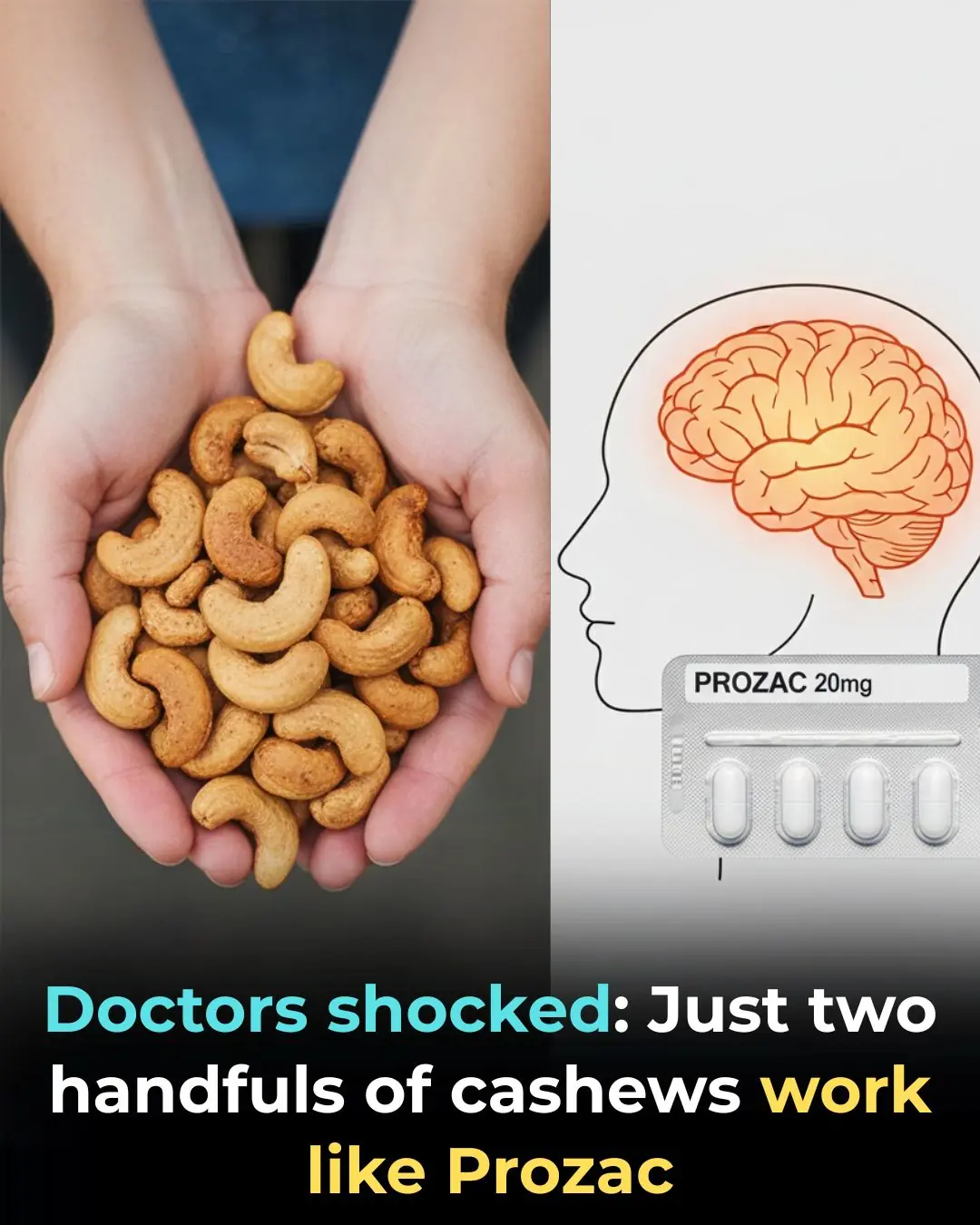
2 Handfuls of Cashews is The Therapeutic Equivalent of a Prescription Dose of Prozac
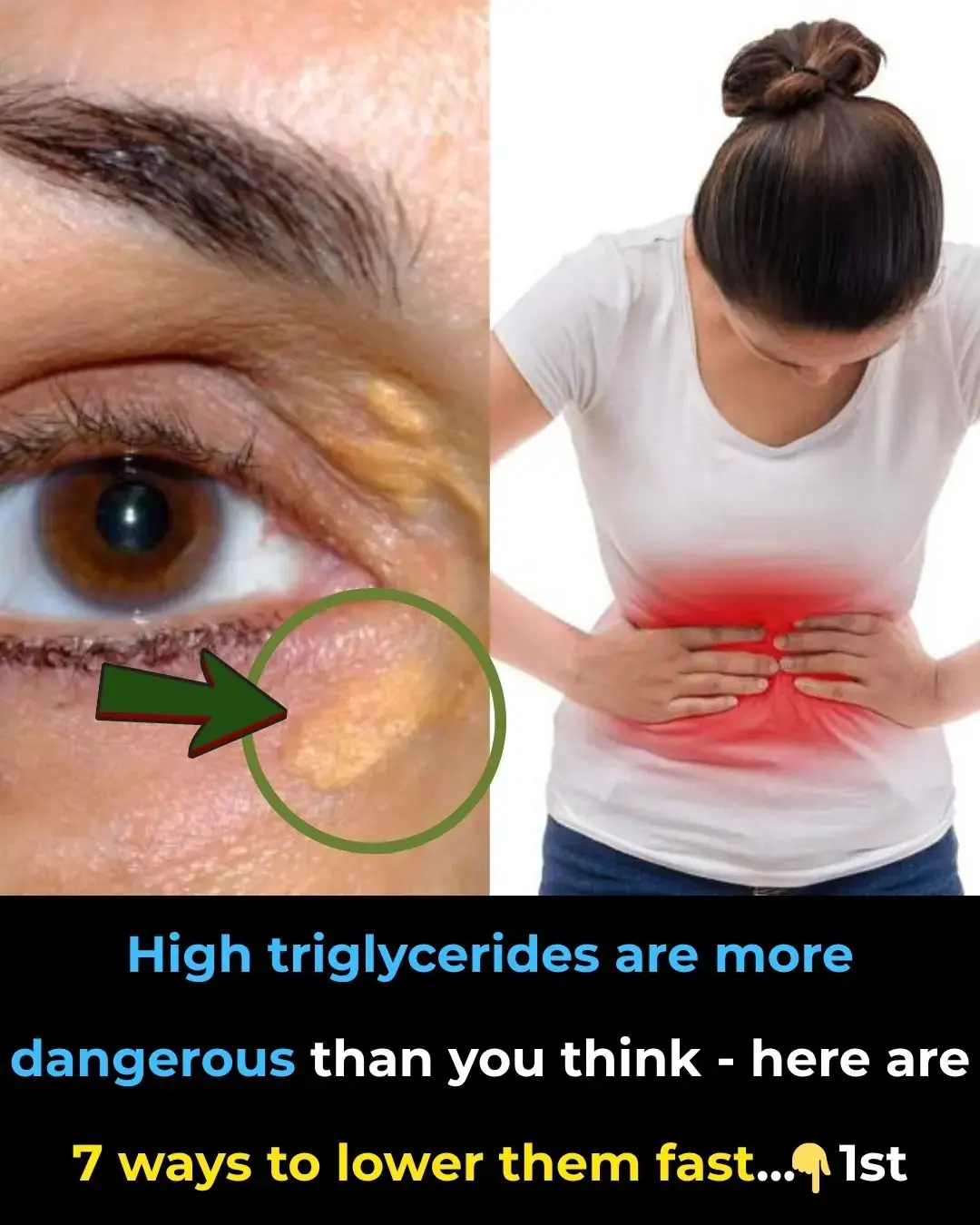
7 tips to eliminate dangerous blood fat
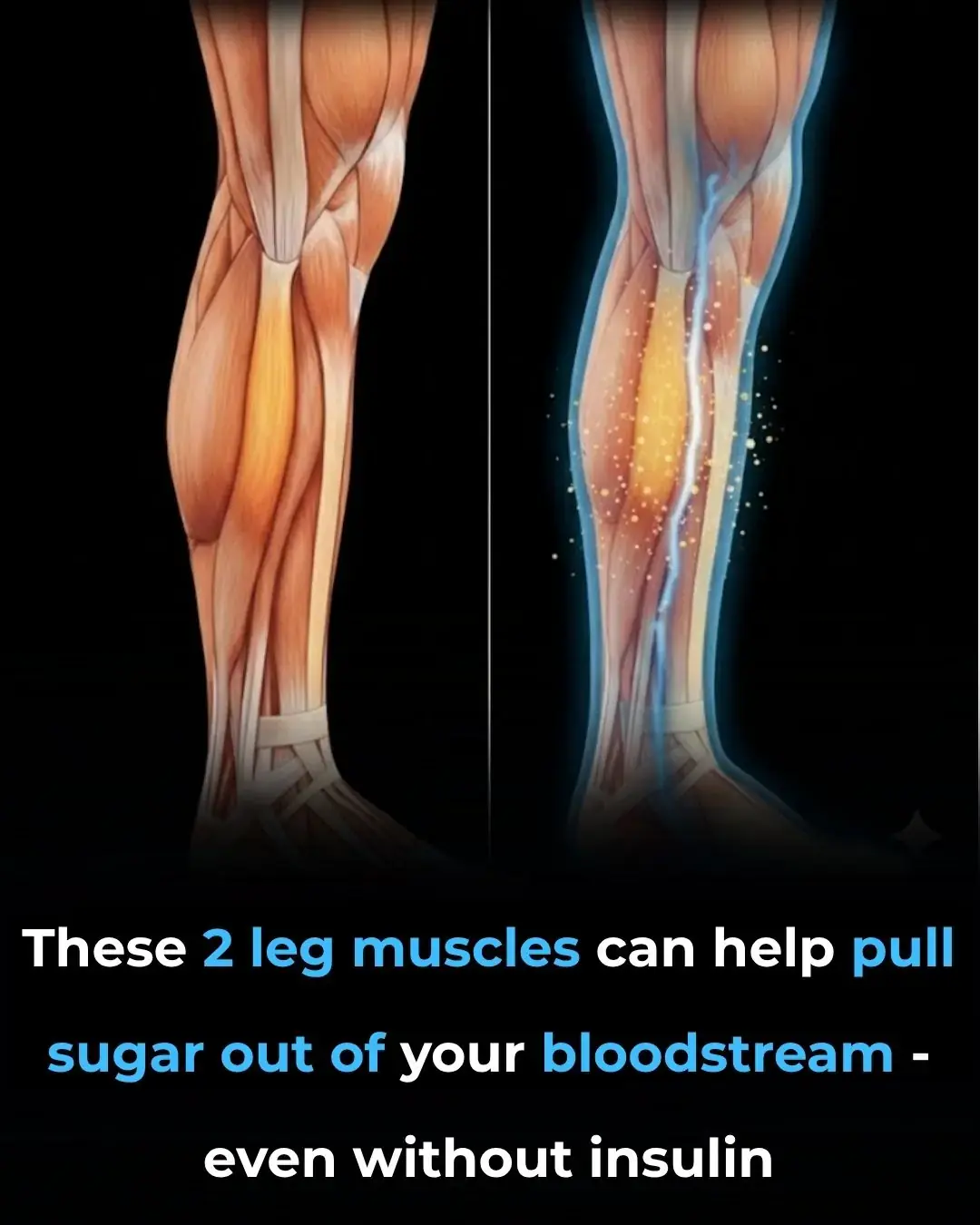
Lower blood sugar naturally by training just 2 leg muscles

Forget aspirin—this everyday fruit can help protect you from stroke and heart attack

Preventing Stroke At Any Age: 3 “Don’ts” After Meals—And 4 “Don’ts” Before Bed

Nerve Pain Relief? The Vitamin Deficiency You Never Suspected!
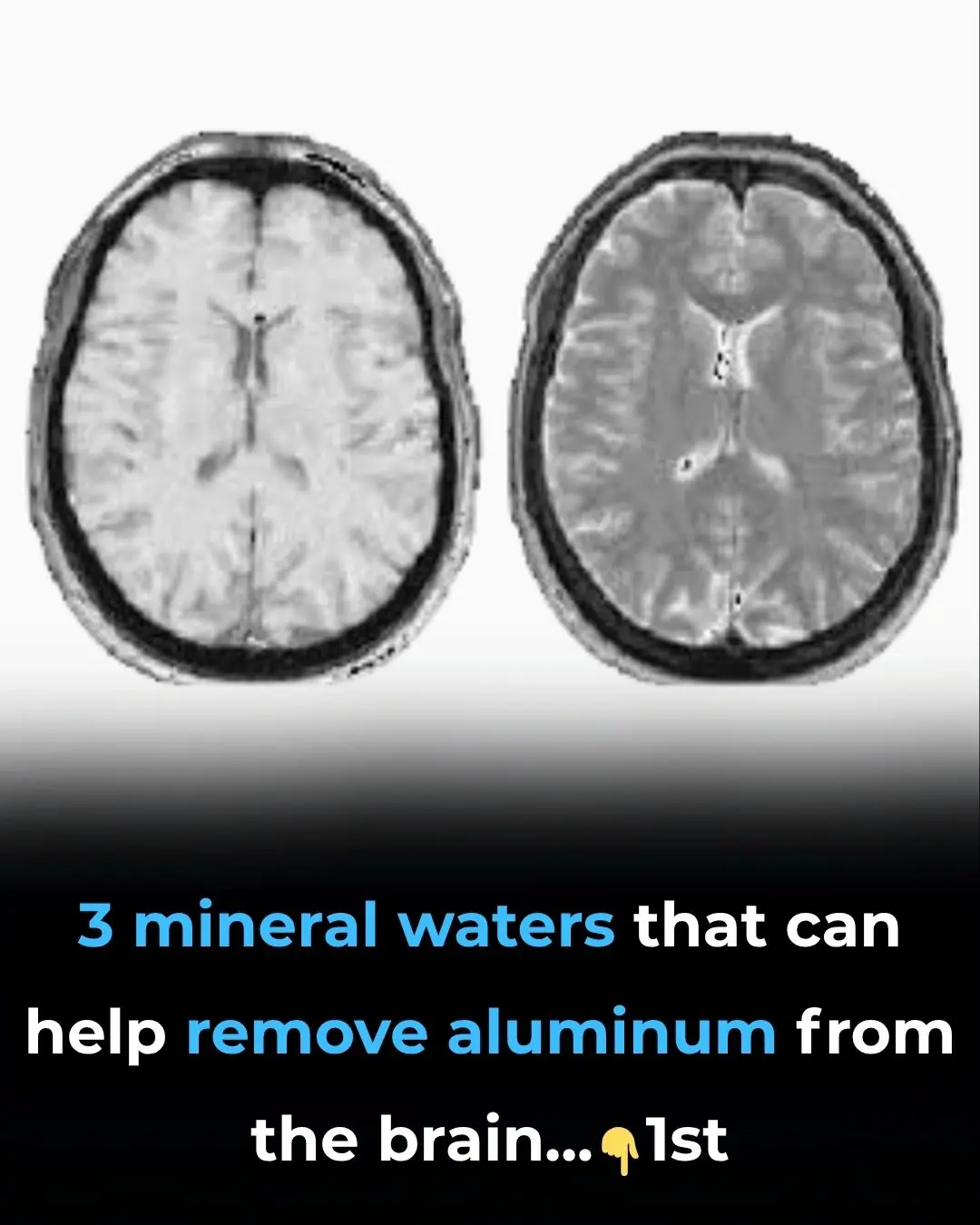
3 Mineral Waters That Can Help Remove Aluminum From The Brain

Say Goodbye to Swelling: Natural Ways to Beat Water Retention Fast!
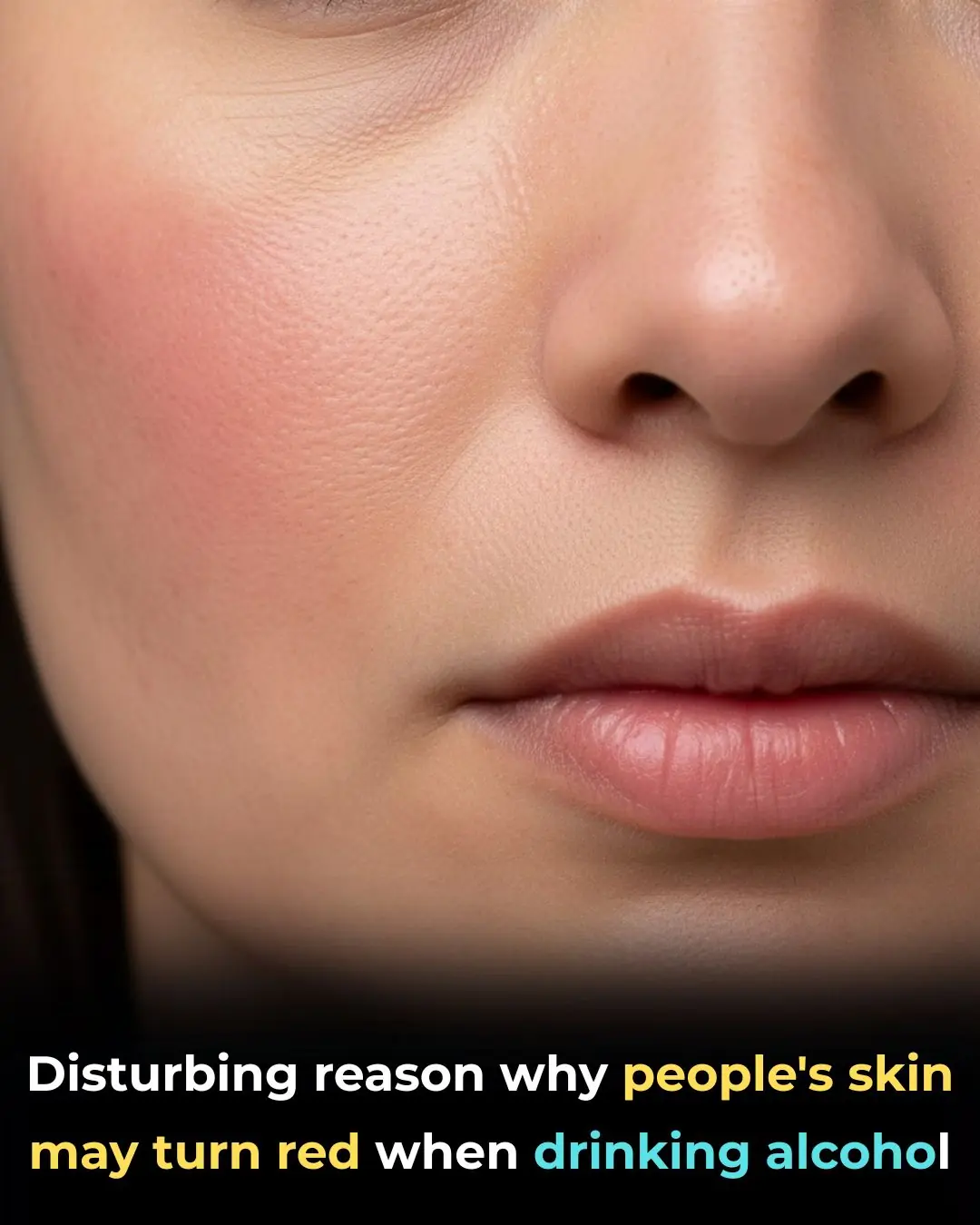
Why Some People’s Skin Turns Red When Drinking Alcohol
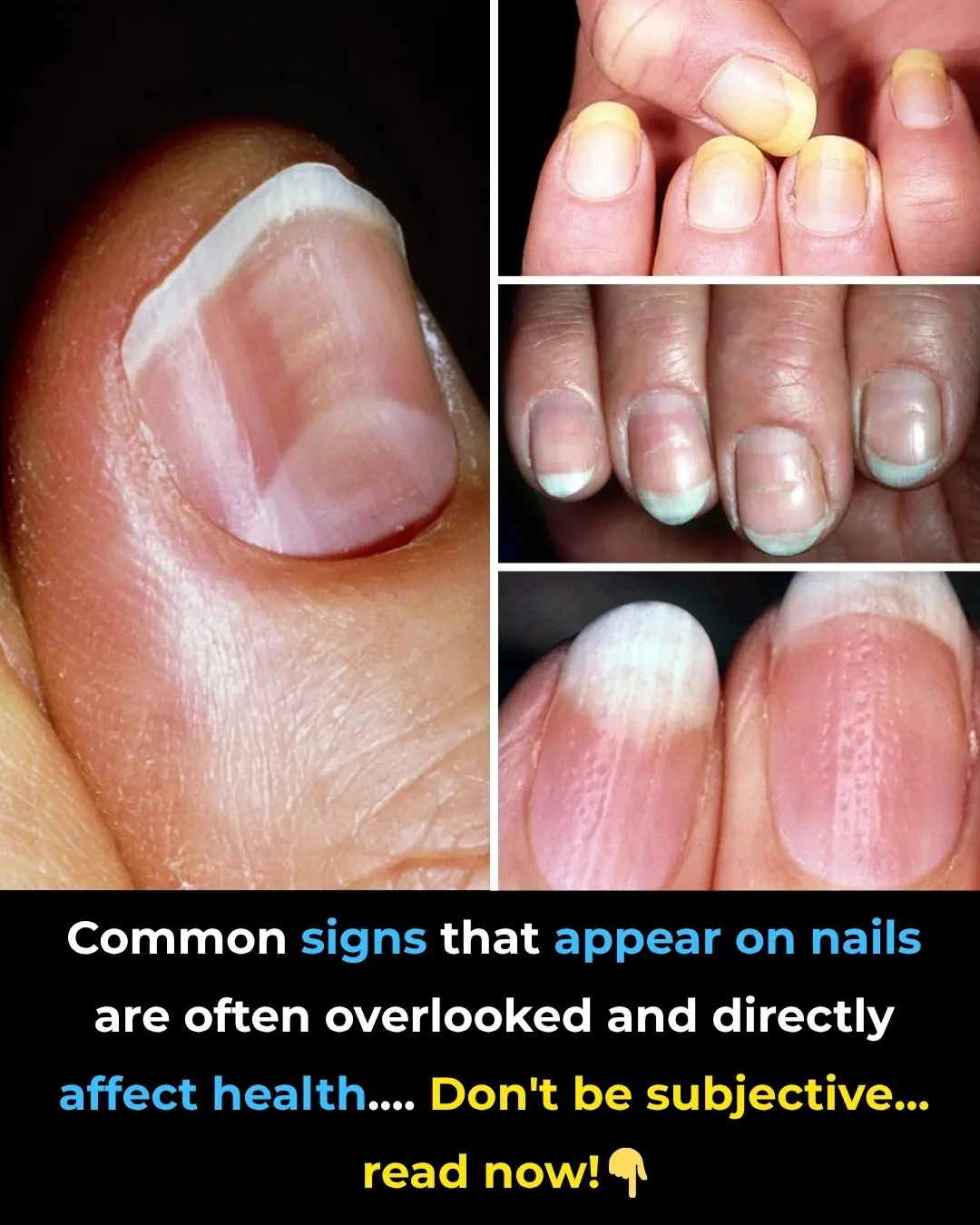
What Your Nails Reveal About Your Health: Hidden Signs You Shouldn’t Ignore

The #1 reason to drink lemon water daily (and the mistakes that ruin it)

Maintain Your Thyroid in Top Condition with This Juice

Eggs in Pregnancy: How They Can Supercharge Your Baby’s Brain Development

Scientists Achieve Breakthrough in Reversing Human Skin Cell Aging by 30 Years: A New Era for Anti-Aging and Regenerative Medicine

Eating Eggs Weekly May Reduce Alzheimer’s Risk by 47%: What New Research Reveals

The best way to lower blood sugar fast!

Signs of pancreatic cancer you should never ignore

Top 3 Foods to Prevent Leg Cramps in Seniors: Strengthen Your Legs Naturally!
News Post

5 Estrogen-Rich Foods Women Should Eat for Hormonal Balance & Radiant Skin

2 Handfuls of Cashews is The Therapeutic Equivalent of a Prescription Dose of Prozac

7 tips to eliminate dangerous blood fat

Lower blood sugar naturally by training just 2 leg muscles

Forget aspirin—this everyday fruit can help protect you from stroke and heart attack

The Powerful Medicinal Benefits and Uses of Senna alata

The Real Power of Dandelion Is in the Root

The Surprising Benefits of Boiled Bay Leaves and Cloves: A Natural Elixir for Wellness

Preventing Stroke At Any Age: 3 “Don’ts” After Meals—And 4 “Don’ts” Before Bed

Ariana Grande gives shocking update on music career after ‘Wicked: For Good’

Controversial I'm A Celeb star Ruby Wax's changing face

MAFS UK's Abi issues emotional relationship status update

The “Hand of God” Technique: How a Simple Gesture Brought Humanity Back Into Isolated Hospital Rooms

Ant McPartlin's tattoos explained – from meaningful inking to poignant tribute
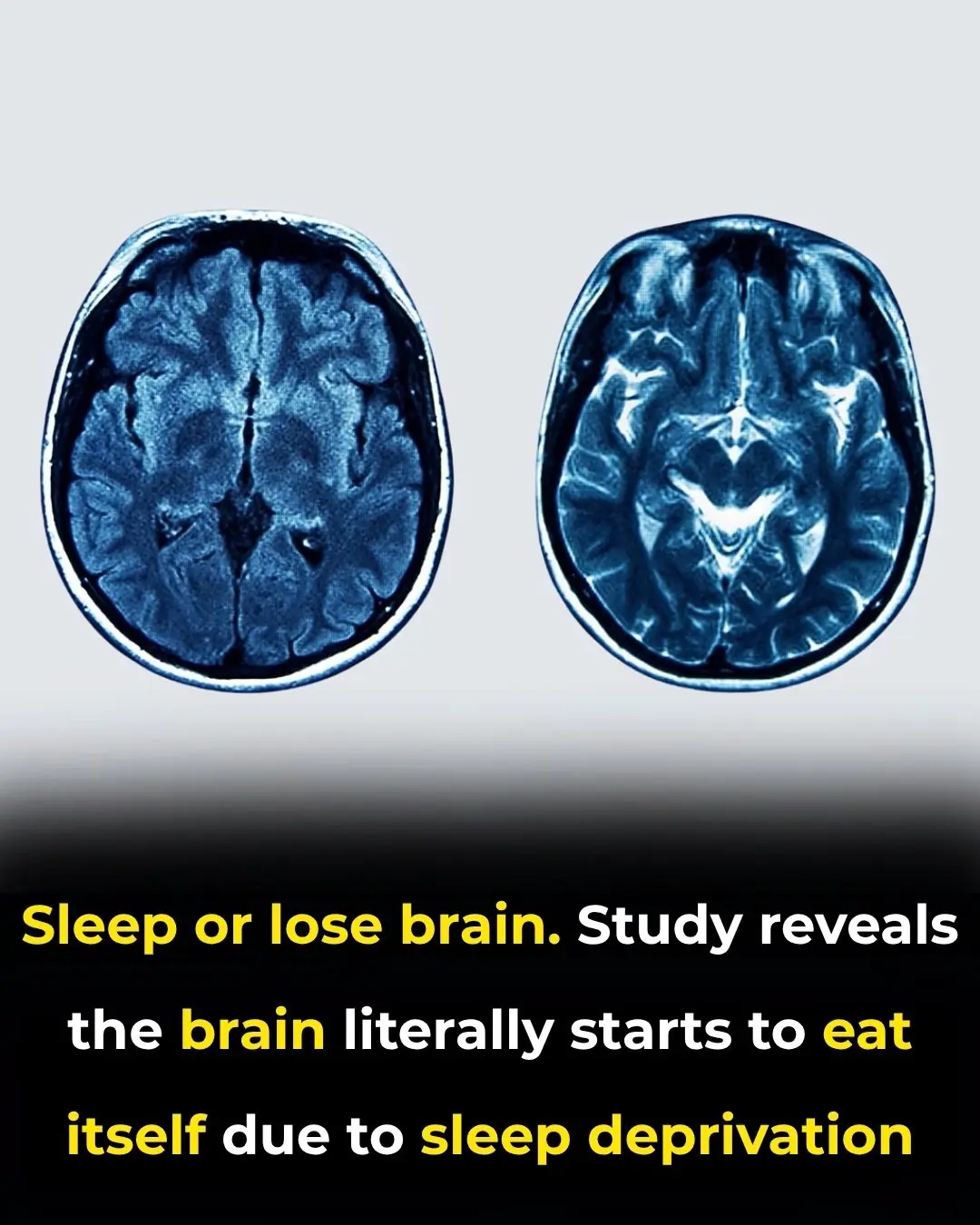
When the Brain Begins to Consume Itself: The Hidden Costs of Chronic Sleep Loss
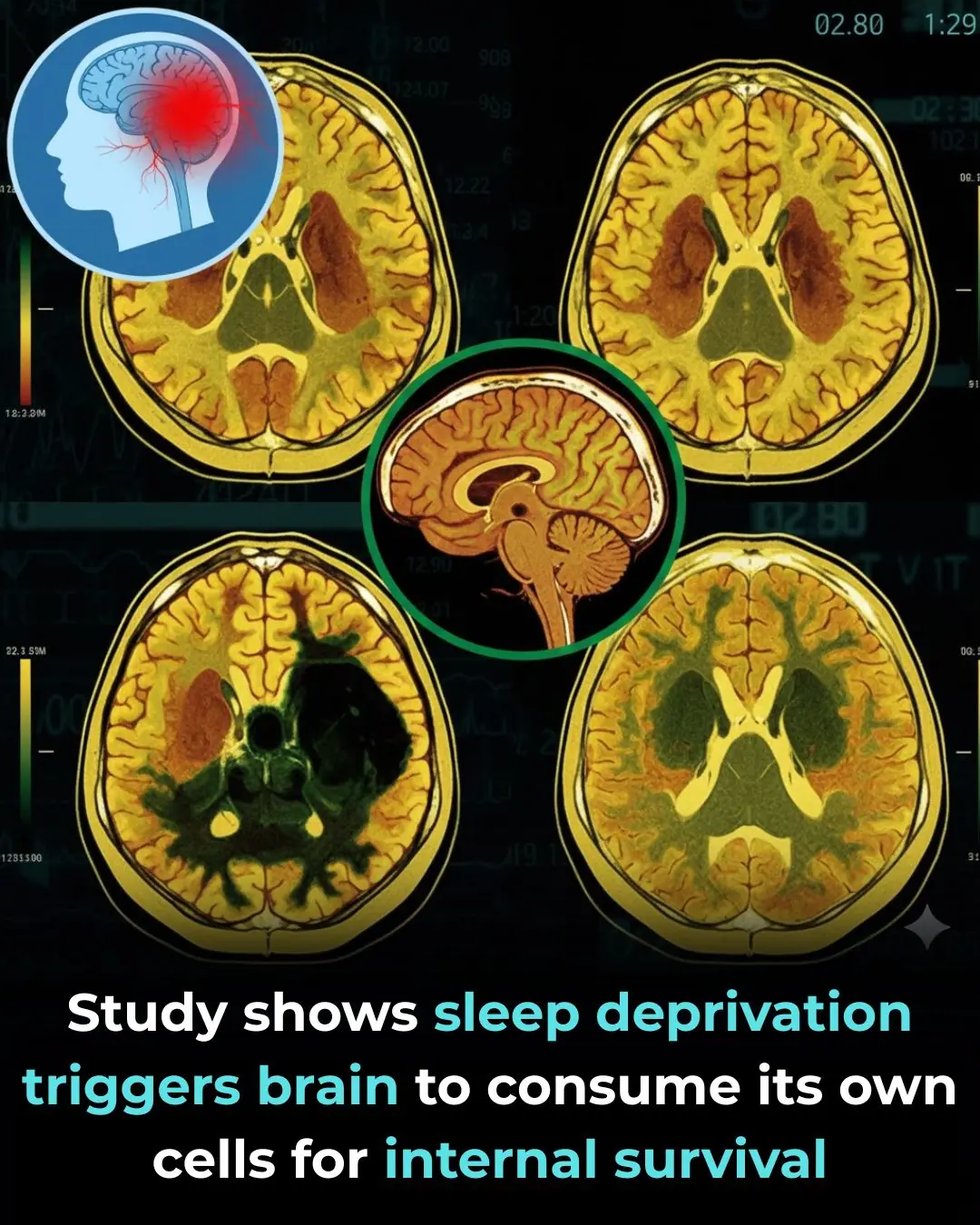
When the Brain Eats Itself: The Hidden Damage Caused by Lack of Sleep

From Self-Marriage to Self-Divorce: Suellen Carey’s Viral Journey of Self-Love

Kerry Katona undergoes corrective boob surgery as she gushes over beau Paolo's support
